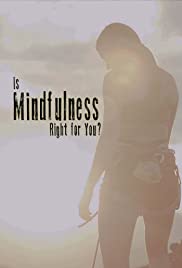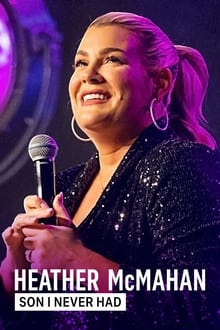
Cem Kaya’s dense documentary essay celebrates 60 years of Turkish music in Germany. An alternative post-war history that is at the same time a musical Who’s Who – from Yüksel Özkasap to Derdiyoklar and Muhabbet.
You May Also Like

In 1961, Betty and Barney Hill encountered a UFO on a deserted New Hampshire highway. When the story leaked, they gained fame as the first widely reported alien abductees. Compelling new evidence may prove the Hills’ terrifying close encounter was real.

The story of Keanu Reeves, from a turbulent upbringing to becoming not only one of the most beloved actors in the world, but also one of the most beloved people.

With “sealfies” and social media, a new tech-savvy generation of Inuit is wading into the world of activism, using humour and reason to confront aggressive animal rights vitriol and defend their traditional hunting practices. Director Alethea Arnaquq-Baril joins her fellow Inuit activists as they challenge outdated perceptions of Inuit and present themselves to the world as a modern people in dire need of a sustainable economy.

Like Air is a feature length documentary that follows three high school competitive dancers on their journey to a nationals championship competition. With every step towards the trophy, they discover their personal identity through dance and the life it breathes into their soul.

The end of an eight-year upmarket renovation of the legendary Chelsea Hotel is partly longed for and partly dreaded by the artists who still live there. The film grants us access to their apartments and interweaves the past with the present.

In 1860, as the American Experiment threatened to explode into a bloody civil war, there were as many as four hundred thousand slave-owners in the United States, and almost four million slaves. The nation was founded upon the idea that all men are created equal and endowed by their creator with the inalienable rights of life, liberty and the pursuit of happiness. The nation would pay a bloody cost for denying that right to more than twelve percent of its population. But when slavery was first brought to America’s shores, this war, and even the nation it tore apart, was centuries in the future. With incredibly detailed historical reenactments, expert commentary and the stories of slavery told through first-hand accounts, this is an epic struggle 400 years in the making. A journey into the past like none other. This is the story of these men and women who by their hands laid the foundation of what would become the most powerful nation on Earth.

Beyond her historic role in the Montgomery Bus Boycott, this comprehensive dive into Civil Rights icon Rosa Parks sheds light on her extensive organizing, radical politics, and lifelong dedication to activism.

This insightful and informative documentary explores the popular world of Mindfulness from the perspective of four people who study and teach it. Mindfulness is defined as a mental state achieved by focusing one’s awareness on the present moment, while calmly acknowledging and accepting one’s feelings, thoughts, and bodily sensations, used as a therapeutic technique.

Hitting her emergency weight. TikTok therapy. Joking through her dad’s eulogy. Comedian Heather McMahan shares all in this relatable stand-up special.

The study of crazy brilliance and flamboyant sincerity. a.k.a. Cassius Clay presents a fascinating look at the incredible life and achievements of one of the most courageous, outspoken and charismatic figures of boxing: Muhammad Ali. Born Cassius Clay in 1942, Ali soon rose to become a renowned athlete, an articulate author and a compelling political; leader. Audacious, ambitious and totally fearless, Ali became a symbol of pride, a legend of hope and one of the most extraordinary cultural icons of the 20th century.

This documentary chronicles the fight for justice after the Valencia metro derailment, involving a media blackout and silence from the government.

This documentary is a manifesto for today’s youth, addressing the societal forces that have shaped and held back their generation. It shows how young people can deploy their strengths to revolutionize the system as they confront both the US political crisis and the global environmental crisis.